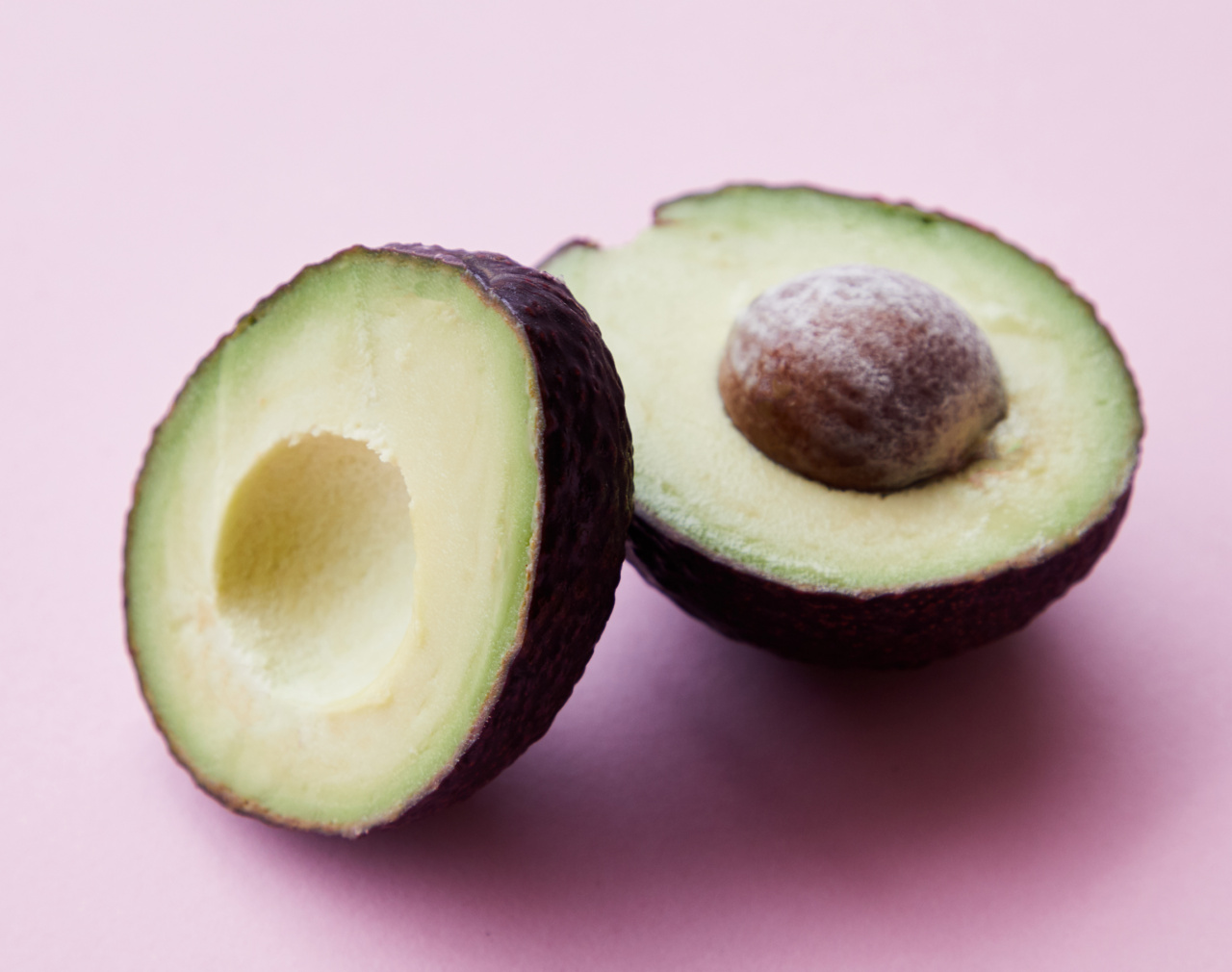Dogs are not just pets; they are beloved members of our families. We want them to live long, healthy, and happy lives. One crucial aspect of ensuring their well-being is providing them with a nutritious diet.
Among the essential nutrients dogs need, proteins play a vital role in their overall health and development. In this article, we will explore why dogs need high-quality proteins in their diet, the sources of these proteins, and the benefits they provide for our furry friends.
The Importance of Proteins
Proteins are macronutrients made up of amino acids, which are the building blocks for various tissues and enzymes in a dog’s body. They are involved in numerous essential functions, including:.
1. Building and Repairing Tissues
Proteins are responsible for building and repairing tissues, such as muscles, organs, skin, and hair. They help to maintain the structural integrity of the body, enabling dogs to stay active, agile, and strong.
2. Enzyme Production
Enzymes are proteins that facilitate chemical reactions in the body. They play a crucial role in digestion, metabolism, and other vital processes.
Without adequate protein intake, enzyme production can be compromised, leading to poor digestion and nutrient absorption.
3. Immune System Function
Proteins are essential for a robust immune system. They help produce antibodies, which are specialized proteins that identify and neutralize harmful substances such as bacteria, viruses, and toxins.
A strong immune system is crucial for dogs to fight off diseases and infections.
4. Hormone Regulation
Proteins are involved in hormone synthesis and regulation. Hormones act as chemical messengers in the body, influencing various processes such as growth, reproduction, metabolism, and mood.
Insufficient protein intake can disrupt hormone balance and lead to imbalances and health issues.
Sources of High-Quality Proteins
When it comes to feeding our dogs, not all proteins are created equal. High-quality proteins are those that contain a complete amino acid profile, providing all the essential amino acids dogs need for optimal health.
Some excellent sources of high-quality proteins for dogs include:.
1. Animal-based Proteins
Dogs are primarily carnivores, and their bodies are designed to digest and utilize animal-based proteins efficiently. Meats such as beef, chicken, turkey, lamb, and fish are excellent sources of high-quality proteins for dogs.
They provide essential amino acids along with other nutrients like vitamins and minerals.
2. Eggs
Eggs are another fantastic source of high-quality protein for dogs. They are easily digestible and contain all the essential amino acids.
Moreover, eggs are also rich in other nutrients such as vitamins, minerals, and healthy fats, making them a valuable addition to a dog’s diet.
3. Dairy Products
Dairy products like yogurt and cottage cheese can also contribute to a dog’s protein intake. However, it is important to ensure that your dog is not lactose intolerant, as dairy products can cause digestive issues in such cases.
Moderation is key when including dairy in your dog’s diet.
4. Plant-based Proteins
While dogs primarily require animal-based proteins, certain plant-based proteins can supplement their diet. Legumes like lentils, chickpeas, and peas, along with plant-based protein sources like soy, can provide additional protein for dogs.
However, it’s important to note that plant-based proteins are generally less biologically available for dogs compared to animal-based proteins.
The Benefits of High-Quality Proteins for Dogs
Including high-quality proteins in your dog’s diet offers various benefits that contribute to their overall health and well-being:.
1. Muscle Development and Maintenance
Proteins are essential for proper muscle development and maintenance. They provide the necessary amino acids to support muscle growth, repair damaged muscle tissues, and maintain lean muscle mass.
This is especially important for active and working dogs who require strong muscles for agility and endurance.
2. Healthy Skin and Coat
High-quality proteins play a crucial role in maintaining healthy skin and a shiny coat. They help in the production of keratin, a key structural protein found in skin, hair, and nails.
A protein-rich diet can reduce the risk of dry skin, excessive shedding, and dull coat, keeping your dog’s fur soft, lustrous, and healthy.
3. Improved Digestion and Nutrient Absorption
Proteins are vital for the proper functioning of the digestive system. They aid in the production of enzymes that break down food into smaller, more easily absorbed molecules.
Adequate protein intake ensures optimal digestion and nutrient absorption, reducing the risk of digestive issues such as bloating, gas, and diarrhea.
4. Enhanced Immune Function
Adequate protein intake strengthens the immune system, helping dogs fight off infections and diseases. High-quality proteins provide the necessary amino acids for antibody production, supporting a robust immune response.
This can result in fewer illnesses and a faster recovery period.
5. Optimal Growth and Development
Proteins are particularly important for puppies, as they require adequate amounts for proper growth and development. High-quality proteins provide the necessary building blocks for healthy bone formation, muscle development, and overall growth.
Ensuring a protein-rich diet during puppyhood sets the foundation for a healthy and well-developed adult dog.
Conclusion
High-quality proteins are an essential component of a dog’s diet. They play a vital role in maintaining healthy tissues, supporting enzyme production, enhancing immune function, and ensuring optimal growth and development.
Animal-based proteins, such as meats and eggs, provide the complete amino acid profile that dogs need. While plant-based proteins can supplement the diet, they are generally less biologically available. By prioritizing high-quality proteins in your dog’s diet, you can contribute to their overall health, happiness, and longevity.





























